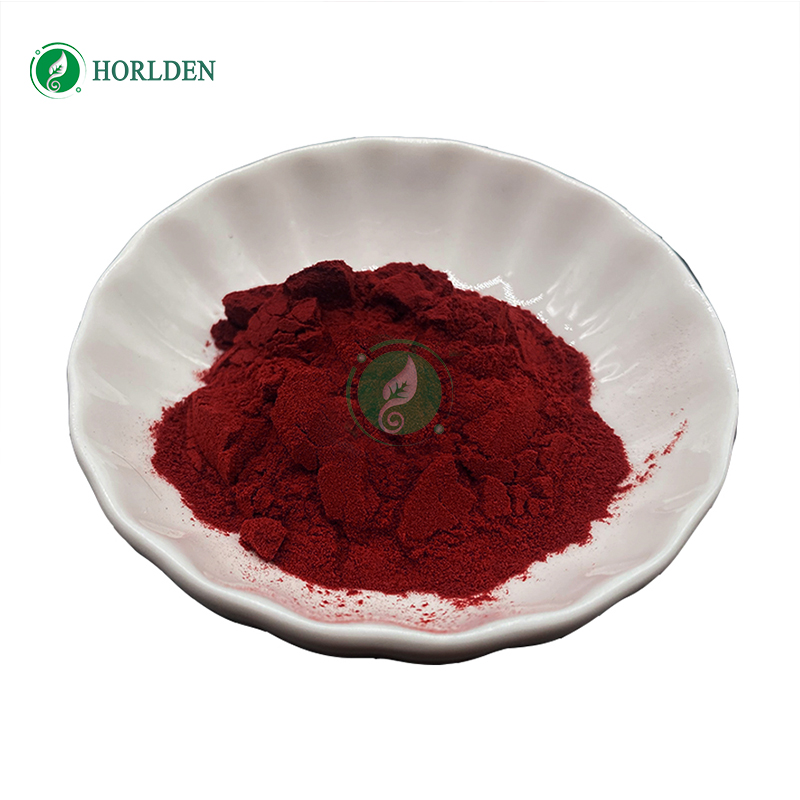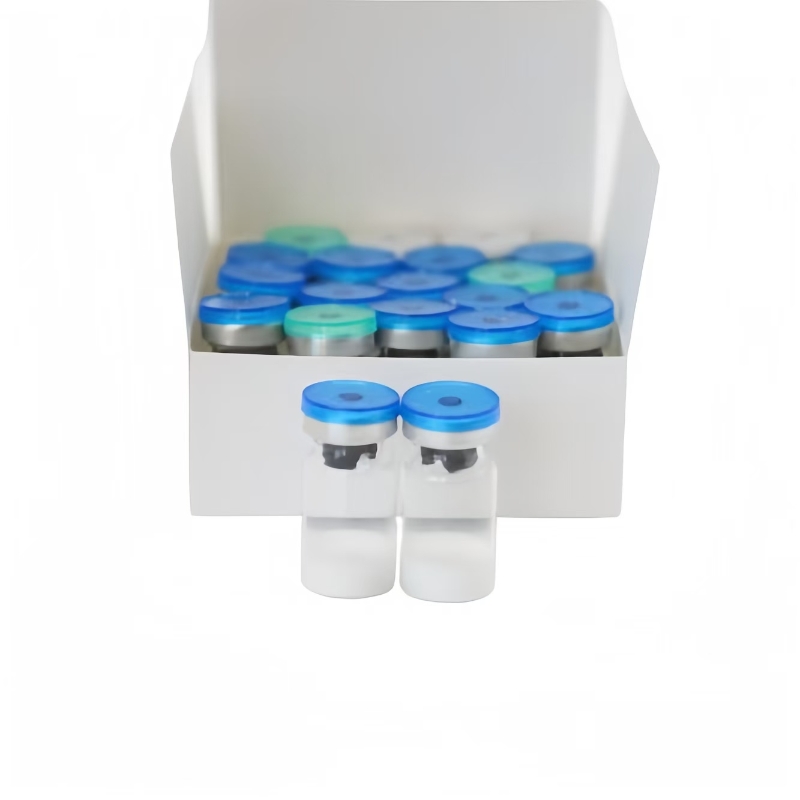There are unique molecular changes in the serum of patients with severe neocephal pneumonia
-
Last Update: 2021-02-18
-
Source: Internet
-
Author: User
Search more information of high quality chemicals, good prices and reliable suppliers, visit
www.echemi.com
Science and Technology Daily reporter may 31 from West Lake University learned that recently, the university's School of Life Sciences Guo Tiannan researcher led the Proteomics Big Data Laboratory, together with a team of researchers in the blood of patients with neocycline pneumonia protein and metabolite molecules were systematically tested.They found a variety of unique molecular changes in the serum of patients with severe neocephaly and found a range of biomarkers that could provide guidance for predicting the development of severe disease in patients with mild illness. The findings were published online in the journal Cell.“ Globally, millions of new cases of coronary pneumonia have been confirmed. However, at present, our cognition is mainly at the level of clinical symptoms and imaging characteristics, and little is known about the change of disease at the micro-molecular level. Guo Tiannan said.Guo Tiannan's team, in collaboration with other teams, conducted safe treatment and mass spectromety on 99 serum samples treated with virus inactivation. According to the current clinical diagnostic criteria, these blood samples are divided into control (health) group, suspected but actual common influenza group, new coronavirus infection light disease group, new coronavirus infection severe group.Using high-resolution mass spectrometrical equipment and machine learning, the researchers obtained proteomic and metabolic spectrograms of samples and panoramicly measured the relative concentrations of proteins and metabolites in serum samples, revealing that there are many unique molecular regulations in severely ill patients.The results showed that compared with the control (health) group, the general influenza group and the mild disease group, there were 93 unique protein expression and 204 characteristically altered metabolic molecules in the samples of patients with severe neocephaly, of which 50 proteins were related to macrophages, complement systems, and platelet departitation particles in the patients.They also found significant reductions in more than 100 amino acids and more than 100 lipids in patients with severe coronary pneumonia. The researchers believe this may be a drain from the rapid spread of the virus, providing some reference for clinicians to monitor the condition and develop adjustment treatment options.In addition, on the basis of mass spectrometry data, Guo Tiannan's team used machine learning method "Sari Gold", to screen out 22 proteins and 7 metabolites that characterize severe patients. The researchers analyzed that patients with serum sample composition consistent with this combination are most likely to be severely ill, or are likely to develop into severe cases.“ The study showed that it was possible to predict severe neocephal pneumonia patients using serum proteins and metabolite biomarkers. The research data also reveal the molecular pathophysiological characteristics of neo-corona pneumonia, which is expected to help develop anti-neo-coronaviral therapy. Guo Tiannan said the findings need to be validated in more independent clinical queues. (Science and Technology Daily)
This article is an English version of an article which is originally in the Chinese language on echemi.com and is provided for information purposes only.
This website makes no representation or warranty of any kind, either expressed or implied, as to the accuracy, completeness ownership or reliability of
the article or any translations thereof. If you have any concerns or complaints relating to the article, please send an email, providing a detailed
description of the concern or complaint, to
service@echemi.com. A staff member will contact you within 5 working days. Once verified, infringing content
will be removed immediately.







